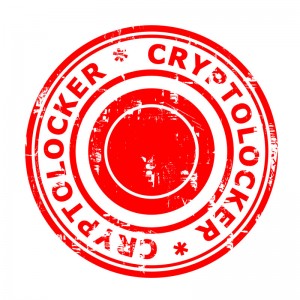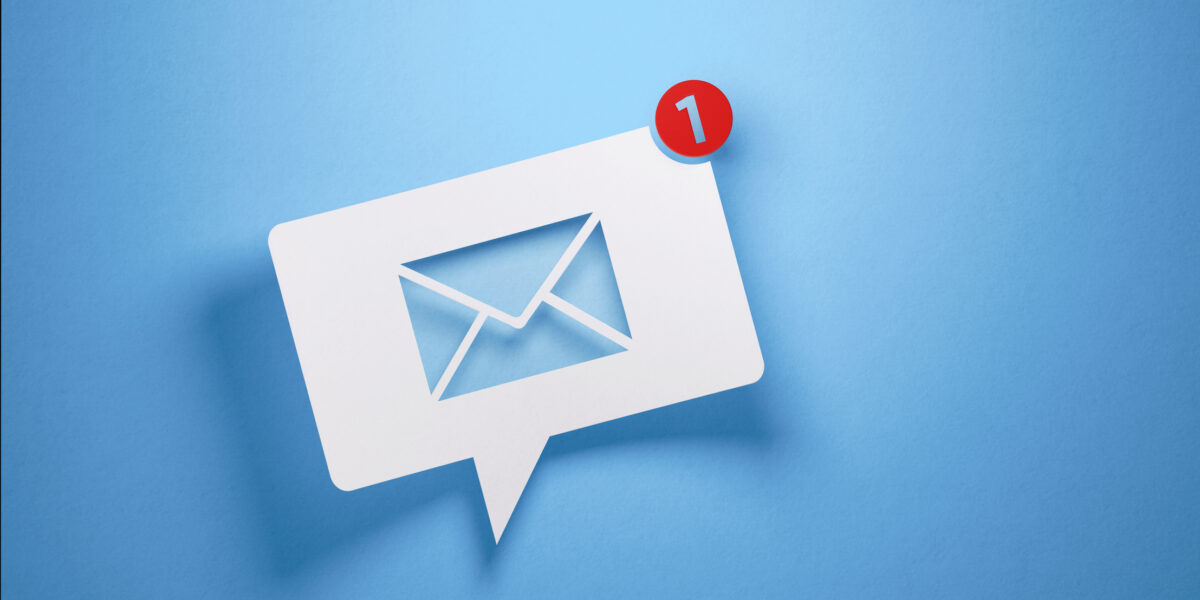 With the recent uptick in cyber-attacks, it’s important that you understand and implement measures to ensure your valuable personal or company data is protected from viruses such as the CryptoLocker.
With the recent uptick in cyber-attacks, it’s important that you understand and implement measures to ensure your valuable personal or company data is protected from viruses such as the CryptoLocker.
What is CryptoLocker?
The CryptoLocker virus and others like it are designed to essentially hold your computer’s data for ransom. It can infect a computer when the user accidentally downloads the virus when clicking on a link in their email or website. Infected email typically poses as a legitimate company, such as UPS or FedEx with a link to track a package or check on an order status.
The virus will then access important files, such as your photos and documents, and encrypt them to deny you access. You’ll be presented with a message demanding a sum of money, usually around $300 for the key to un-encrypt your files, while giving you a limited amount of time to send in the money before their server destroys the only key, leaving your information as good as gone.
Pay the Ransom?
As far as we understand, paying the ransom actually will give you a legitimate key to unlocking your files, however, understand that paying the ransom also helps finance and reinforce future cyber-attacks. Still, the best way to protect your computer or network is to educate yourself and your employees about ways to recognize and prevent dangerous viruses such as the CryptoLocker from infecting your computer or network to begin with.
Preventing Viruses
- Only open email from people you know, and don’t forward greeting card or “funny” emails which are a common way to spread viruses to unsuspecting recipients.
- Don’t click on suspicious links from friends, family, or businesses that you aren’t expecting.
- Don’t open any file attachments, music or video files you aren’t expecting.
- Immediately shut down your browser if a website other than the one you were expecting pops up.
- Do not click on pop-ups that tell you your computer is infected and requests you to clean it. Contact your IT support or CCSI clients can contact our office.
If You Suspect Your Computer is Infected with a Virus
- Shut down your computer or disconnect it from the main network.
- Notify your IT department.
- Disconnect wireless network devices.
- Network administrators should contact CCSI immediately to help mitigate the threat.
For more information on network security, visit our Network Security page.



